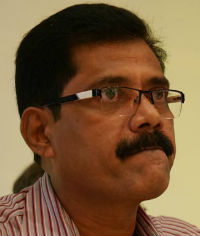At the international level, there has been renewed and increasing commitment to extend social protection in recent years, most notably through the adoption of ILO Recommendation 202 (National Social Protection Floors) and Recommendation 204 (Transitioning from the Informal to the Formal Economy). The Agenda 2030 further strengthens this international commitment with references to social protection in 5 of the 17 Sustainable Development Goals (SDG’s).
However, the question of how such extensions to social protection should be financed and who should finance them has been relatively under addressed within international debates. It was within this context that the International Trade Union Confederation (ITUC), the Friedrich Ebert Stiftung (FES) and World Solidarity (WSM), decided to host a Global Conference on Financing Social Protection on 17-18 September 2018 in Brussels. The conference brought together over 100 participants from trade unions, civil society, academia, think tanks, international organisations and governments from across the world to identify the challenges to financing social protection and to explore the solutions available both at the national and the international level.
However, the question of how such extensions to social protection should be financed and who should finance them has been relatively under addressed within international debates. It was within this context that the International Trade Union Confederation (ITUC), the Friedrich Ebert Stiftung (FES) and World Solidarity (WSM), decided to host a Global Conference on Financing Social Protection on 17-18 September 2018 in Brussels. The conference brought together over 100 participants from trade unions, civil society, academia, think tanks, international organisations and governments from across the world to identify the challenges to financing social protection and to explore the solutions available both at the national and the international level.















